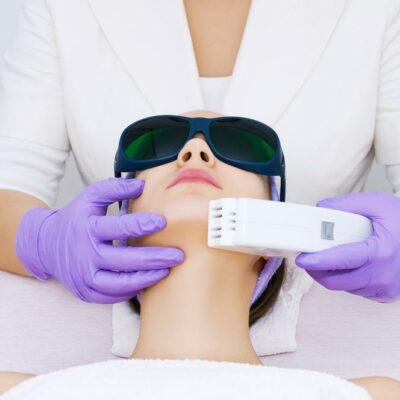
Common triggers of migraine and ways to prevent it
A migraine can occur anytime and not without a warning. Those who are prone to migraine attacks can figure it out if they pay attention to the triggers. Migraines are severe headaches that occur repeatedly and last from a few hours to a few days. Those who are prone to migraines should watch out for symptoms like constipation, mood swings, food cravings, increased thirst and the resulting increased urine output, yawning, and stiffness of the neck.
Once patients notice these warning symptoms, they can take the necessary precautionary measures and help prevent an attack or reduce the impact of it with no or fewer medicines. Prevention is better than cure, especially if there are obvious signs of an attack. There are two ways to prevent migraines. One way is to avoid the triggers that cause a migraine and the second is to pay attention to the warning signals and take preventive measures before the attack. Common triggers that can bring on a migraine attack are certain foods, beverages, aromas, and strong perfumes. Apart from these obvious triggers, some other things that can cause a migraine have been listed as follows:
1. Change in set patterns or daily routines
Plan ahead, set aside enough time to eat and sleep so that you are prepared for changes in routine.
2. Stress, anxiety, and tension
The cause of around 70% of migraines is stress. When you feel stressed, you should spend time doing breathing exercises, meditation, and yoga or find time to distract yourself with music or art.
3. Sleep
Lack of sleep is another major trigger for headaches. Eating early, mild exercise, and such good practices can help you sleep for at least 7 to 8 hours. Listening to soothing music or reading a good book can help you sleep better. If you are still unable to sleep, you must consult your doctor or a sleep specialist.
4. Menopause and hormones
Light physical activity and a positive frame of mind and healthy eating habits can help prevent migraines. Some birth control methods can help in reducing the impact of hormone changes, but you should use them only under prescription from a doctor.
5. Weather
We have no control over the environment, but you can wear protective gear while traveling or wear clothes that suit you and make you feel comfortable so that weather and climate do not trigger a migraine.
6. Caffeine and alcohol
Caffeine is a top trigger for migraines. Caffeine is found in coffee, tea, sodas, and chocolates. If you drink at least four or five cups of caffeinated drinks, you will have to reduce it. You can limit your alcohol so that you do not risk migraine attacks.
7. Food
Make a checklist of food that triggers your migraine to help avoid an attack.
8. Eating habits
Missing meals, overeating, or eating too much junk or sugary food can also trigger a migraine. Skipping meals is not recommended for anyone and particularly for those who are prone to migraines. Eating smaller or frequent meals is another way of preventing migraines. If you are hungry and don’t have access to a meal, you can have a healthy snack like a fruit or protein bar that can satiate hunger.
9. Dehydration
Along with regular meals, drinking enough fluids to keep the body adequately hydrated is essential. Drink at least 8 to 9 full glasses of water along with any other beverages. Avoid drinking aerated drinks that are not only full of sugar but can also cause dehydration.
10. Electronics: If at work, you are spending long hours before a laptop or a computer, it can lead to migraines. Be conscious to blink your eyes frequently and wear protective eyewear. Take a break, walk around the office, take a power nap if possible, or catch up on paperwork. Ensure your workstation enables a correct posture and less strain to the eyes.
Those who are prone to migraines should note their incidences and note down the triggers and ensure to work towards eliminating the same in order to manage the condition effectively.


